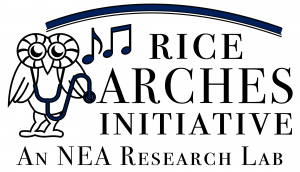Faculty
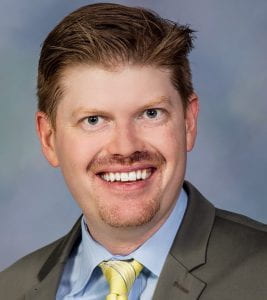
Dr. Christopher P. Fagundes, Ph.D.
Principle Investigator (CV)
Professor, Department of Psychological Sciences
Rice University
Working in the area of psychoneuroimmunology, Dr. Fagundes uses theories and methods from personality, clinical/health, and developmental psychology to examine how stress “gets under the skin” to impact diseases of older adulthood such as cardiovascular disease, cancer, and cognitive decline. He is also interested in how the immune system regulates neuronal function in ways that influence mood and behavior. His theoretical work has focused on the adoption of attachment theory to understand how attachment security can buffer the negative consequences of current and past life stressors. He has authored more than 90 articles and book chapters. The goal of his current funded work is to investigate how attachment style impacts people amid major stressful life experiences (i.e., bereavement, caregiving, and a cancer diagnosis and its treatment). With a team of collaborators, he is also developing theoretically-based interventions to improve the negative physical health consequences of stressful contexts. The National Institute of Health (NIH) funds most of his research; Dr. Fagundes has also been the primary mentor on several NIH training grants. He was named a “Rising Star” by the Association of Psychological Science. He was the recipient of the Robert Ader New Investigator Award from the Psychoneuroimmunology Research Society, the Neal E. Miller New Investigator Award from the Academy of Behavioral Medicine Research, and the Excellence in Health Psychology Research Award by an Early Career Professional from Division 38 of the American Psychological Association.
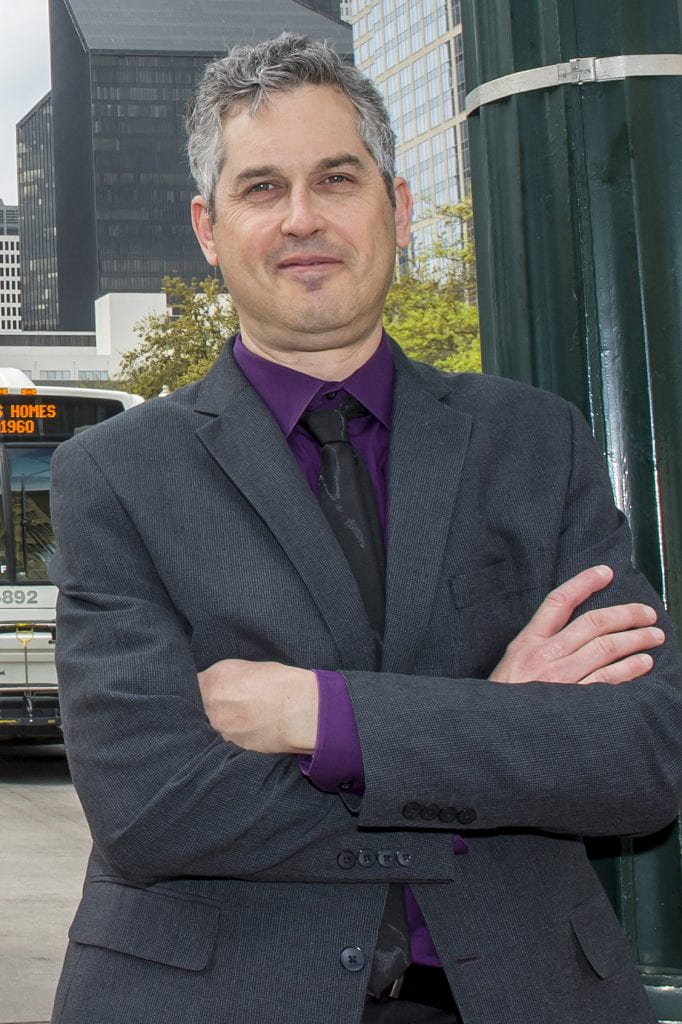
Dr. Anthony K. Brandt, Ph.D.
Co-Investigator
Professor and Chair, Department of Composition and Music Theory
Rice University
Composer Anthony Brandt is a Professor of Composition and Theory at Rice University’s Shepherd School of Music and Artistic Director of the new music ensemble Musiqa, winner of two Adventurous Programming Awards from Chamber Music America and ASCAP. Dr. Brandt’s catalogue includes two chamber operas, as well as orchestral, chamber, vocal, theater, dance, and television scores, and sound-and-art installations. His honors include a Koussevitzky Commission from the Library of Congress, grants from the National Endowment for the Arts, Meet-the-Composer, and the Houston Arts Alliance, and fellowships to the MacDowell and Djerassi arts colonies. Recordings of his music are available on the Albany and Crystal labels. With Musiqa, he presents inter-disciplinary public concerts and free educational programming that have served nearly 60,000 public school students. Dr. Brandt and neuroscientist David Eagleman have co-authored The Runaway Species: How Creativity Remakes the World: their book, which is being published in eleven countries, was the official selection of the 2018-19 Common Reading Experience at Texas State University, and the inspiration for the Netflix documentary “The Creative Brain.” Dr. Brandt has contributed a chapter to the upcoming Mobile Brain-Body Imaging and the Neuroscience of Art, Innovation, and Creativity, and co-authored articles for the journals Frontiers and Brain Connectivity and an upcoming chapter in the Oxford Handbook of Music Psychology. He is currently a co-investigator in a study of music and stroke recovery at Methodist Hospital’s Center for Performing Arts Medicine. Dr. Brandt has organized three international conferences on “Exploring the Mind through Music” at Rice. He has been awarded the University’s Faculty Award for Excellence in Professional Service and Leadership (2019), a George R. Brown Award for Superior Teaching (2007), and a Phi Beta Kappa Teaching Award (2001).
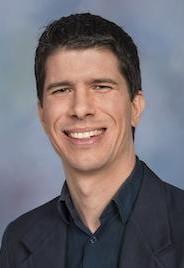
Dr. Bryan T. Denny, Ph.D.
Co-Investigator (CV)
Assistant Professor, Department of Psychological Sciences
Rice University
Dr. Bryan Denny directs the Translational Social Cognitive and Affective Neuroscience (T-SCAN) Lab in the Department of Psychological Sciences at Rice University. Dr. Denny has had a longstanding interest in seeking to understand the psychological and neurobiological mechanisms that underlie successful and unsuccessful emotion regulation across a spectrum of healthy and clinical populations. Work in his lab draws upon and integrates multiple sub-fields within psychology, neuroscience, and psychiatry, including affective science, social psychology, cognitive psychology, clinical psychology, and cognitive neuroscience. Overall, his lab seeks to address both basic and translational aims in investigating the overall question of how individuals can become better emotion regulators. First, at a basic science level, his work aims to understand and characterize the psychological and neural mechanisms underlying emotion regulation in healthy/non-stressed as well as affectively- disordered/stressed populations. Second, at a translational level, he is interested in applying evidence from this basic research to the development and empirical validation of novel emotion regulation interventions to improve mental and physical health in stressed and non-stressed populations. This translational social cognitive neuroscience approach involves longitudinal analysis of emotion self-reports, health behavior, psychophysiology, immunological and endocrine biomarkers, and neuroimaging (including functional MRI). Dr. Denny has been named a Rising Star by the Association for Psychological Science.
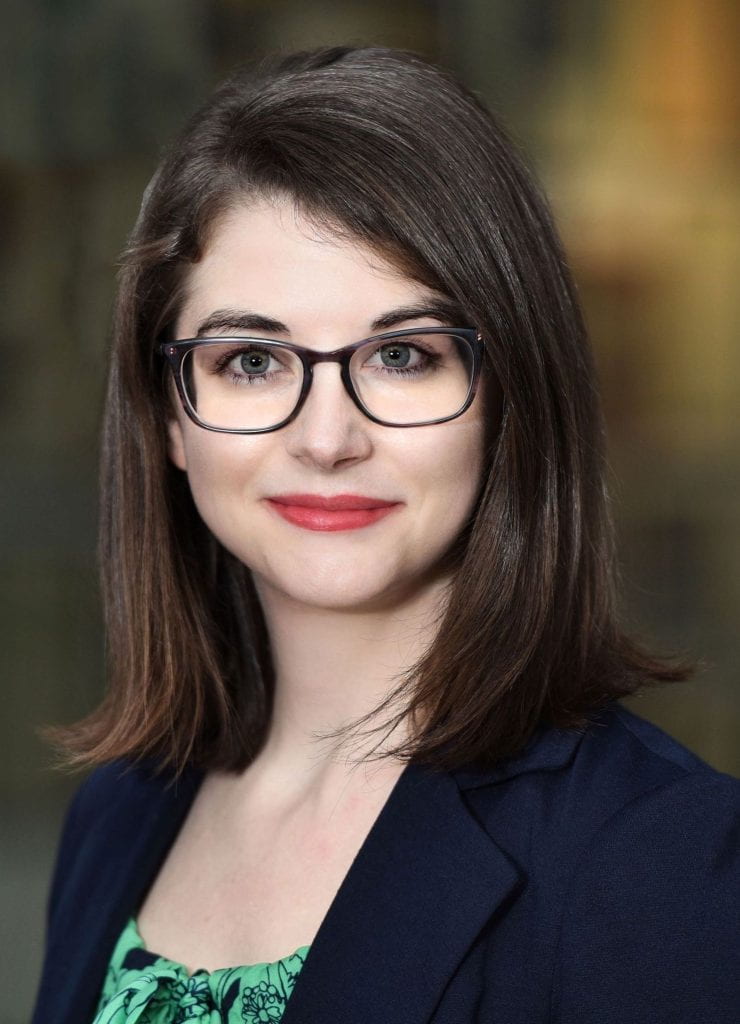
Dr. Jennifer Stinson, Ph.D.
Co-Investigator
Assistant Professor, Department of Neurology
Baylor College of Medicine
Dr. Jennifer Stinson is an Assistant Professor in the Neurology department at the Baylor College of Medicine and a co-investigator of Project CHROMA. She received her doctorate in counseling psychology from the University of Houston and her research interests include clinical neuropsychology, caregiver stress, epilepsy, and postsurgical cognitive changes.
Graduate Students & Postdocs
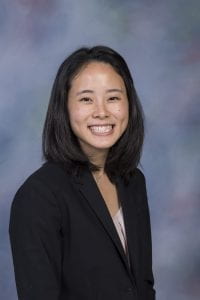
Lydia Wu
Graduate Student Researcher
Department of Psychological Sciences
Rice University
Lydia Wu is a graduate student in the Psychology department at Rice University within the Cognitive/Affective Neuroscience research interest group. She graduated from Wheaton College (IL) in 2016 with a B.S. in Biology and a B.A. in Psychology. With a research background in behavioral neuroscience and health psychology, she enjoys learning about the biology that underlies psychological phenomenon. She is specifically interested in mechanisms underlying mental and physical health outcomes, with particular research interests in neuro-immune interactions and the role that inflammation, stress, and psychosocial factors play in the onset and exacerbation of psychological disorders such as depression. In her free time, she enjoys spending time with family, playing basketball, hiking, and exploring coffee shops and restaurants in Houston.
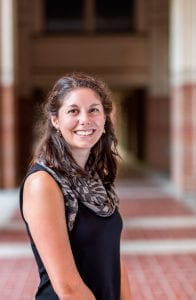
Dr. Melia E. Bonomo, Ph.D.
Postdoctoral Research Fellow
Department of Bioengineering
Rice University
Dr. Melia Bonomo is an NIH National Library of Medicine Biomedical Informatics & Data Science postdoctoral fellow in Dr. Robert Raphael’s lab. She received her Ph.D. in Applied Physics in the Department of Physics and Astronomy at Rice University in 2020. She also received an M.S. in Applied Physics and University Certificate in Teaching & Learning from Rice and was awarded the 2021 Center for Teaching Excellence Graduate Teaching Award for Independent Instruction. She graduated from Dickinson College (Carlisle, PA) in 2013 with a B.S. with honors in Physics and a minor in Italian. Dr. Bonomo was awarded the Kenneth L. Cashdollar Prize in Physics and the Northeast Conference on the Teaching of Foreign Languages Award for Italian. She spent two years as a high school teaching assistant in Italy and a summer research advisor at Stony Brook University (Stony Brook, NY) before coming to Rice in 2015. Dr. Bonomo’s research is in theoretical biological physics. She has studied a variety of biological systems, encompassing topics in immunology and cognition, and investigates how the graph structure of these systems impacts their function. One of her specific interests is in quantifying the impact of music engagement on cognitive health. She is also currently researching how to improve music processing in cochlear implants.
Staff & Research Assistants
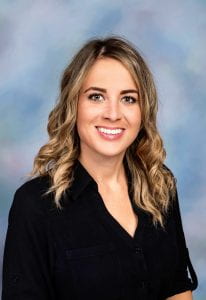
Kristi English, M.Ed.
Lab Manager, BMED Lab
Department of Psychological Sciences
Rice University
Kristi Parker graduated from the University of Tulsa with a Bachelor of Arts in Psychology with minors in Education and Exercise Sports Science. She received her Master of Education in School Counseling with a PPS Credential from the University of Southern California. Immediately following her Master’s degree, she worked as a paralegal for over five years at a criminal defense law firm. Wanting to shift back into the field of psychology, she joined the BMED lab in the summer of 2015 as a Project Coordinator on the Project Heart R01 grant. Her role has transitioned over the years primarily into lab management and administration.
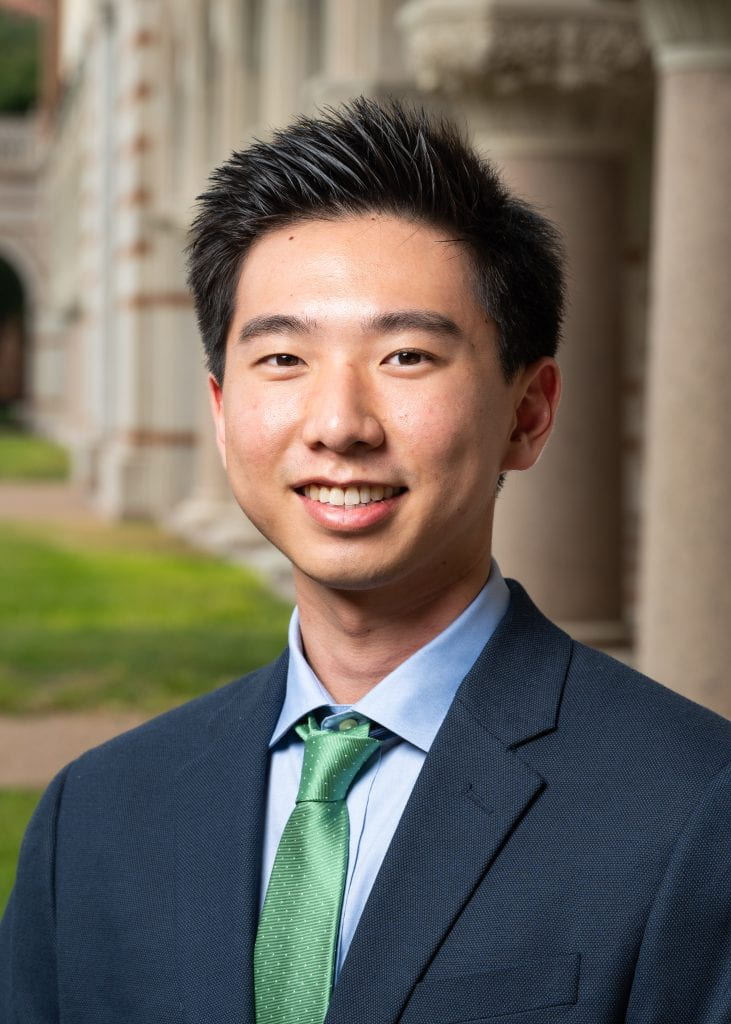
Russell Ku
Project CHROMA Coordinator, BMED Lab
Department of Psychological Sciences
Rice University
Russell is the Project Coordinator for Project CHROMA, a study funded by the National Endowment for the Arts exploring music creativity and its potential benefits on cognition. He graduated from Rice University with a B.A. in Psychology in December 2021. Russell joined the BMED Lab as a Research Assistant for Project CHROMA in the Spring of 2021. He is interested in health psychology, social psychology, and multicultural psychology, and aims to pursue an MPH in Healthcare Management in the future. Russell is a native Houstonian but loves traveling to Los Angeles to visit his loved ones. In his spare time at home, he enjoys spending time with his family and exploring new restaurants.
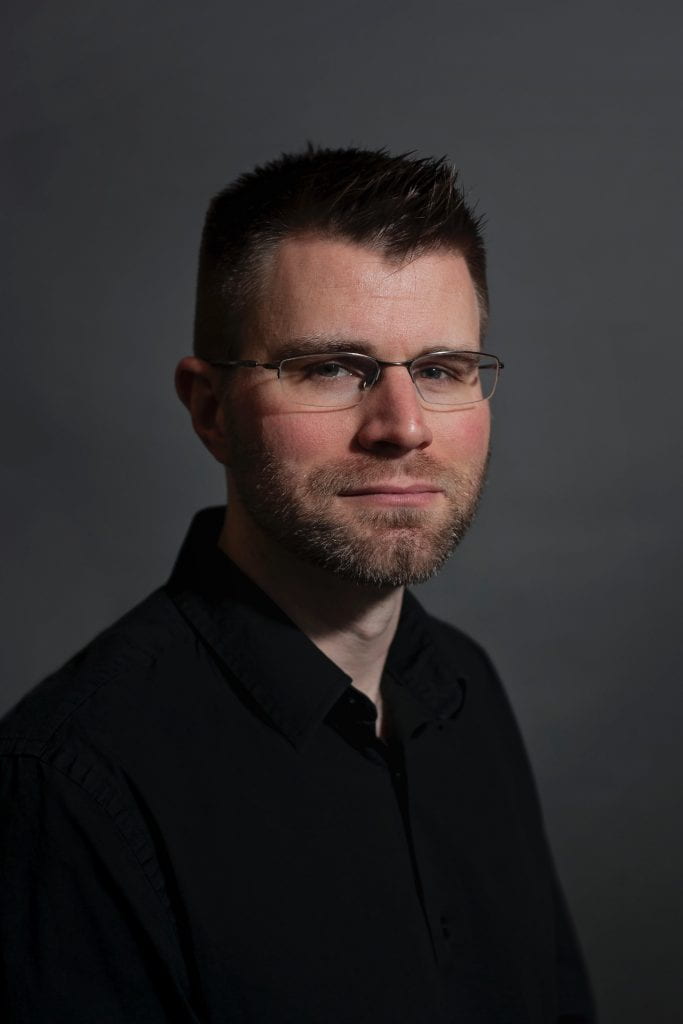
Dr. Karl Blench, D.M.A.
Project CHROMA Music Course Instructor
Musiqa
Dr. Karl Blench is a composer, conductor, and educator who holds Bachelor’s degrees in education and music theory from the University of New Hampshire and a Master’s degree and DMA in composition from Rice University. His music has been performed throughout the United States, Europe, Asia, and Cuba. Recent engagements include performances of his works by the Axiom Quartet, the Texas New Music Ensemble, and Violist, Molly Gebrian. Notable prizes include the Frame Dance Composers Competition, the H. Robert Reynolds Composer’s Competition, the Cooper Prize from the Shepherd School of Music at Rice, an ASCAP Foundation Morton Gould Young Composer Award, and the Indianapolis Symphony Prize. Currently, Karl is the composer-in-residence for the Axiom String Quartet. Recordings of his music can be found on the Innova and Navona labels. Karl currently teaches music throughout the Houston area. He has held positions at Rice University, the University of Houston, Houston Baptist University, and Lone Star Community College.
Houston-based Partners

Musiqa
Contemporary Music Ensemble
2000 Edwards Street #109, Houston TX 77007
Musiqa is a Houston-based contemporary music ensemble. Directed by four composers, Musiqa is a two-time winner of Adventurous Programming Awards from Chamber Music America and the American Society of Composers, Authors, and Publishers (2013, 2016) for its innovative interdisciplinary public concerts. Musiqa presents subscription concerts in downtown Houston and free loft concerts at the Contemporary Arts Museum Houston. Musiqa also has one of the largest educational programs in the country for a new music ensemble, having served more than 50,000 public school students in the past twelve years, all at no cost to schools. The educational programs are free and specifically directed towards Title I schools. Musiqa’s educational programs have been awarded eight grants from the National Endowment for the Arts.

Center for Performing Arts Medicine (CPAM)
Houston Methodist Hospital
6565 Fannin Street, Houston, TX 77030
Musiqa is a Houston-based contemporary music ensemble. Directed by four composers, Musiqa is a two-time The only center of its kind in the country, the Houston Methodist Center for Performing Arts Medicine encompasses a specialized group of more than 100 physicians working collaboratively to address the specific demands placed on artists. The overarching mission of the center is to effectively translate the collaborative potential of arts and medicine to the health care environment.
Technical Working Group

Majesca Wong, MT-BC
Board-Certified Music Therapist
Seasons Hospice and Palliative Care in Houston, Texas
Dr. Jennifer Bugos, Ph.D.
Associate Professor of Music Education
University of South Florida in Tampa, Florida
Dr. Holly Matto, Ph.D., LCSW-C
Associate Professor in the Department of Social Work
George Mason University in Fairfax, Virginia
Dr. Julian Thayer, Ph.D.
Distinguished Professor of Psychological Science
University of California, Irvine
Project Alumni

Yoully Kang
Former Project CHROMA Coordinator, BMED Lab
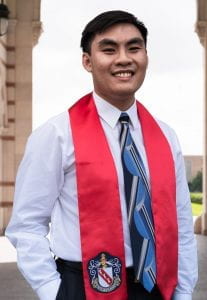
Vincent Lai
Former Project CHROMA Coordinator, BMED Lab

